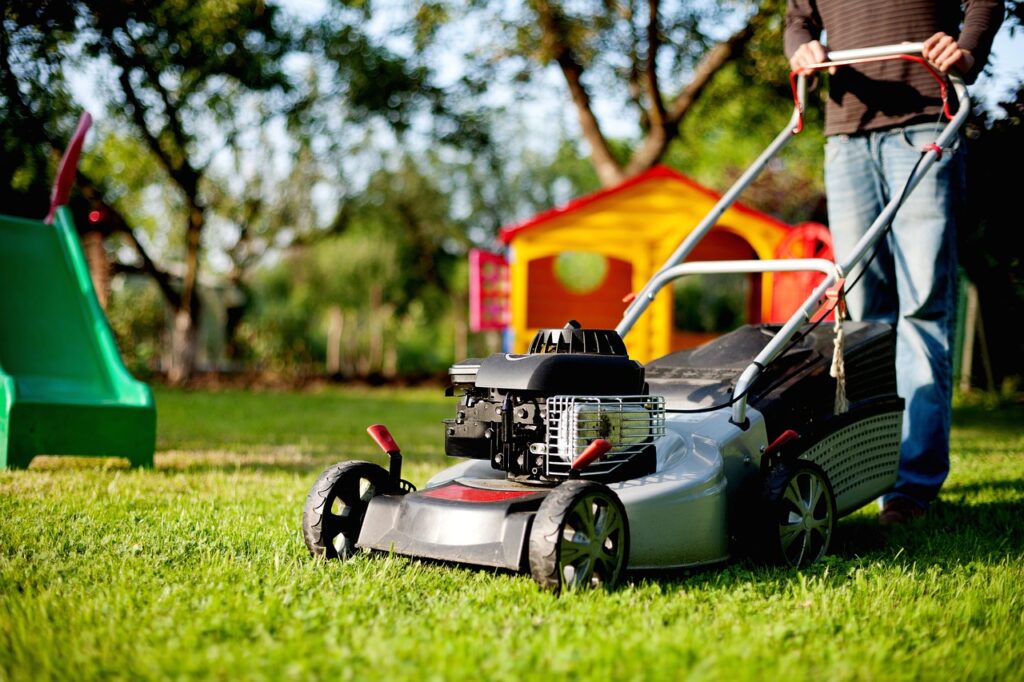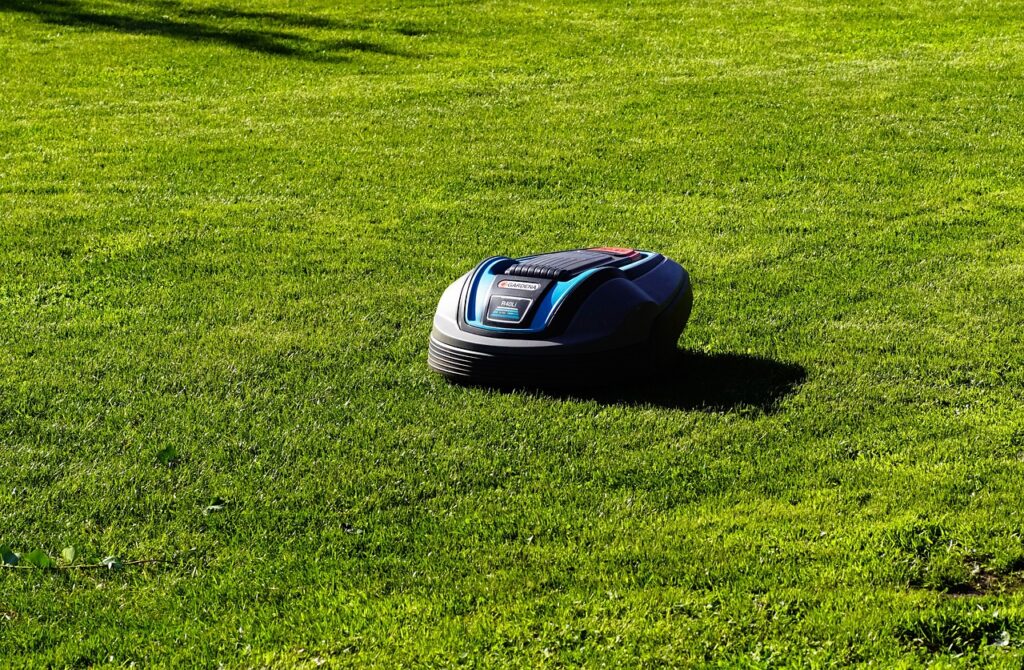1. Safety
Landscaping both residential and commercial properties can be a hazardous job, which is why safety is one of the main reasons consumers opt for remote-control slope mowers.
Many of these mowers are designed to automatically shut off if they lose their radio signal, whether due to frequency interference or simply going out of range from the operator. For example, MC700 mowers have a 500m range and will automatically power down if the signal is lost. However, it’s always advised to keep the mower within sight while operating it remotely to ensure maximum safety.
If you’re looking for a mower to handle terrains with extremely steep slopes where traditional equipment can’t be used safely, prioritizing safety should be your first consideration.
2. Certifications
Many remote-control slope mowers boast the ability to operate on the steepest slopes. However, not all of these claims are accurate. To ensure a mower can truly perform as advertised, consumers have the right—and should—request verification from the manufacturer. This can include supporting documentation, such as certifications from independent agencies, that confirm the mower’s capabilities.
Theマウントエナジージャパン株式会社 has all received certification from an independent European agency, confirming their ability to safely mow slopes with an incline of up to 55 degrees.
3. Product Quality
Remote-control slope mowers are made from a range of materials, which can significantly impact their durability and lifespan.
It’s a good idea to inquire with the manufacturer about the typical lifespan of their mower, often measured in “operating hours.” Additionally, asking whether the manufacturer has received any industry awards or holds patents for their designs can provide valuable insight. This information helps highlight the key differences between brands and gives you a better understanding of the mower’s overall quality.
4. Quality of Cut
Remote-control slope mowers differ from traditional landscaping equipment not only in their construction but also in how they handle cutting tasks. Turf conditions can vary widely, from fine grass to dense brush. Some mowers are versatile enough to manage both types of terrain, while others are optimized for one condition over the other. The quality of the cut can also be influenced by the mower’s weight—heavier models may damage the terrain, while lighter machines are better suited for maintaining pristine grass.
Another important consideration is how the mower moves and pivots. There is a notable difference between wheeled and tracked remote-control mowers. Tracks, for instance, can lead to significant soil erosion, whereas wheeled models are generally gentler on fine grass, making them a better choice for maintaining delicate lawn conditions.
5. Price
The days when remote-control mowers were prohibitively expensive are now behind us. Today, residential customers can find many entry-level, commercial-grade remote-control slope mowers available for less than $15,000.
6. Manufacturer’s Warranty
Another important factor to consider before making a purchase is the equipment’s warranty.
Be sure to ask the manufacturer for details about the warranty period. Reputable manufacturers typically provide this information either before the sale or at the time of delivery.
7. Training
Training is essential to ensure you’re using your equipment correctly, leading to a safer and more efficient mowing experience each time. Check if the manufacturer you’re considering provides training with each new purchase. While some may not offer training with every model, most will provide online tutorials or even offer video calls to guide you in safely operating their equipment.
To discover more about our remote-control slope mowers , request additional information or learn how you can become our dealer today.


